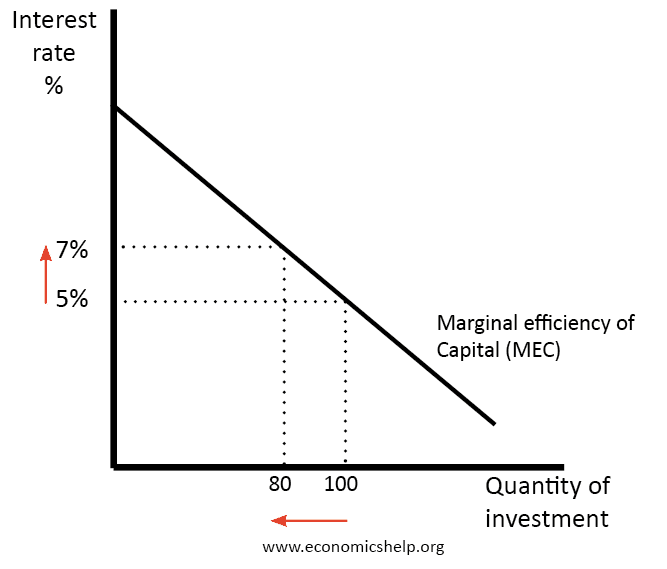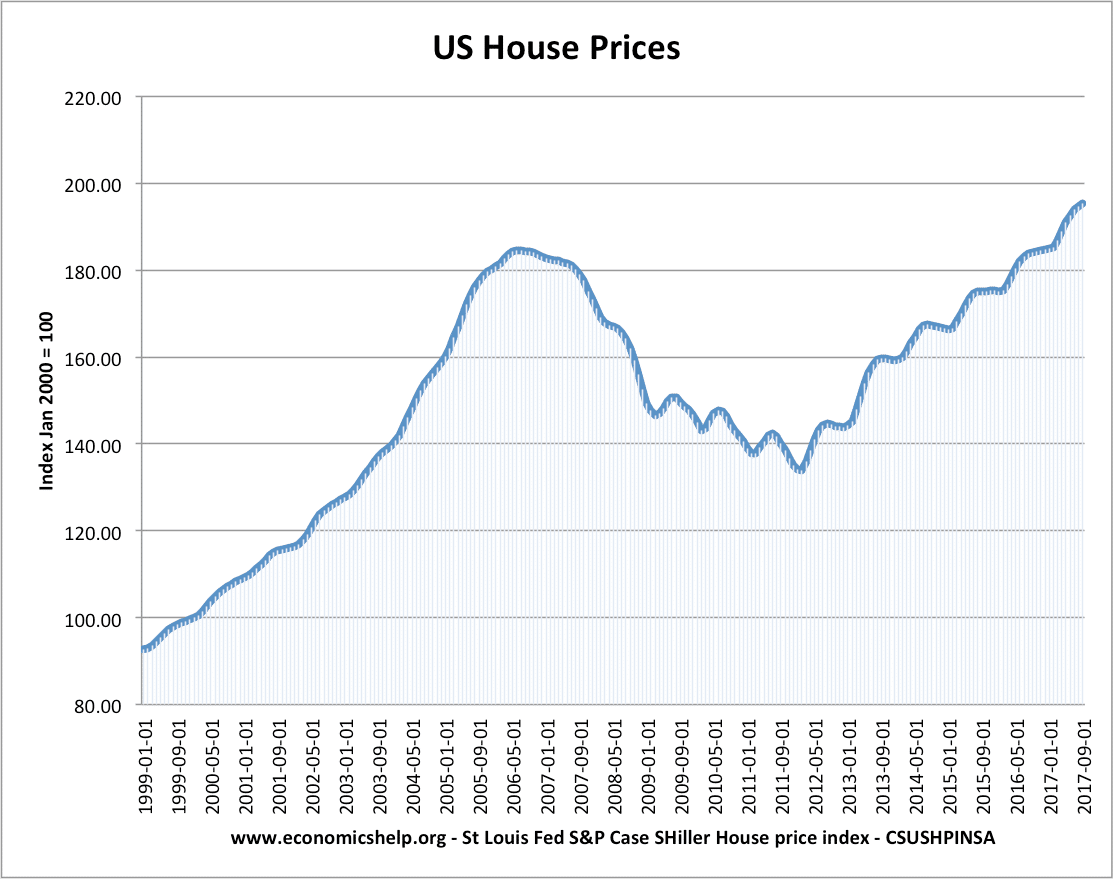Marginal Efficiency of Capital MEC
The marginal efficiency of capital displays the expected rate of return on investment, at a particular given time. The marginal efficiency of capital is compared to the rate of interest. Keynes described the marginal efficiency of capital as: “The marginal efficiency of capital is equal to that rate of discount which would make the present …


